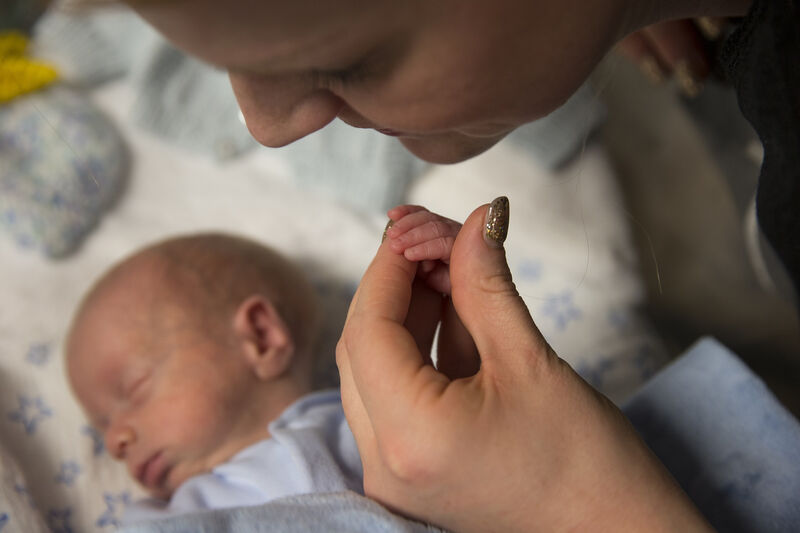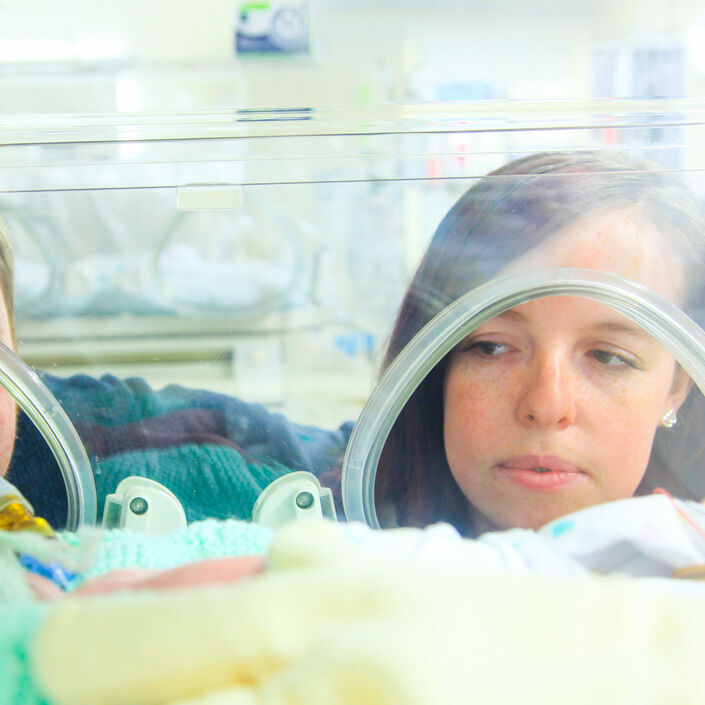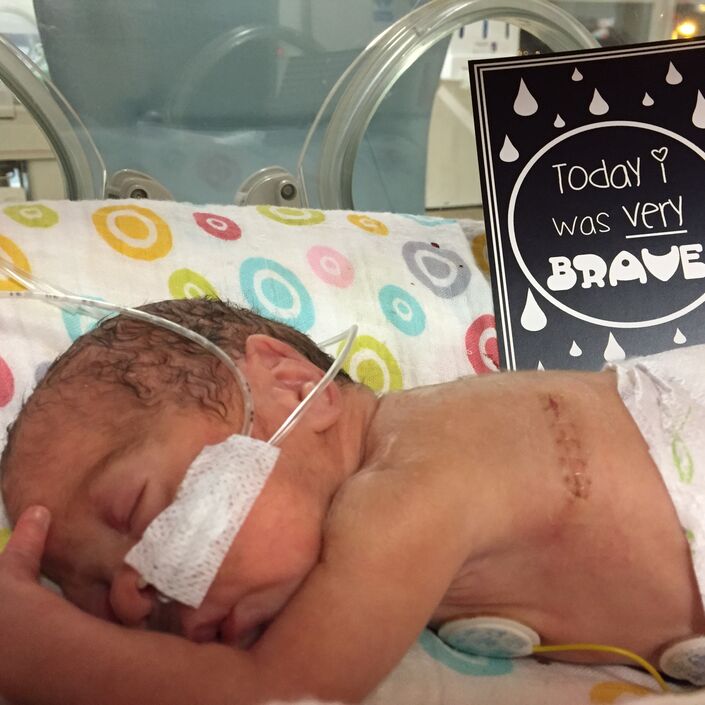Parents might experience a range of unexpected emotions when they are getting ready to go home from the neonatal unit. While it is an exciting time to be at home and starting life with your new baby, you may also have some uncertainty about not having the support of the unit staff at home. You can speak to the unit staff about any worries you have. They will be happy to help and most neonatal units will allow you to contact them if you have any concerns or want some advice when you are home. This should be explained to you as part of the discharge process.
Parents often tell us that even though they were excited to go home with their baby, being at home can also feel like an isolating and overwhelming experience. Others say they didn’t feel as confident as they wanted to be, and missed the support of the neonatal unit and the reassurance of staff. Some parents describe feeling a ‘whirlwind’ or ‘rollercoaster’ of different emotions. It is important to remember that there is no right or wrong way to feel, and it is normal to experience lots of different emotions while you adjust to life at home with your baby.
You may find it helpful to talk to your health visitor or community neonatal nurse about how you are feeling.
How can I get support with my mental health?
Having a baby born premature or sick can make you feel sad and low at times. But if these feelings start to impact on your everyday life, you may be experiencing symptoms of depression. Postnatal depression is a type of depression that parents can experience after having a baby, and affects fathers as well as mothers. If you are worried about how you are feeling, are experiencing persistent low mood or other symptoms associated with postnatal depression, you may need some more support. You can talk to your GP, health visitor or community neonatal nurse about how you are feeling.
You may also find it helps to talk about your concerns with a friend, family member or someone else you trust. It can be easy to forget about looking after yourself when you have a baby to look after, but it is important to reach out if you need help.
It is important to remember that you are not alone. In a survey we carried out of around 600 parents, over 80% said their mental health got worse after their time on the neonatal unit.
We have lots of information about where you can get support with your mental health, including details of other organisations that may be helpful.


